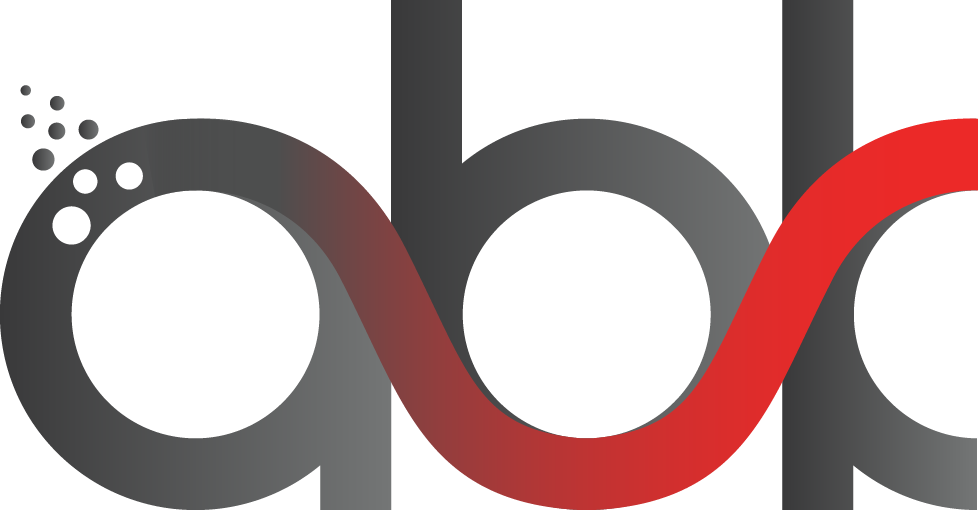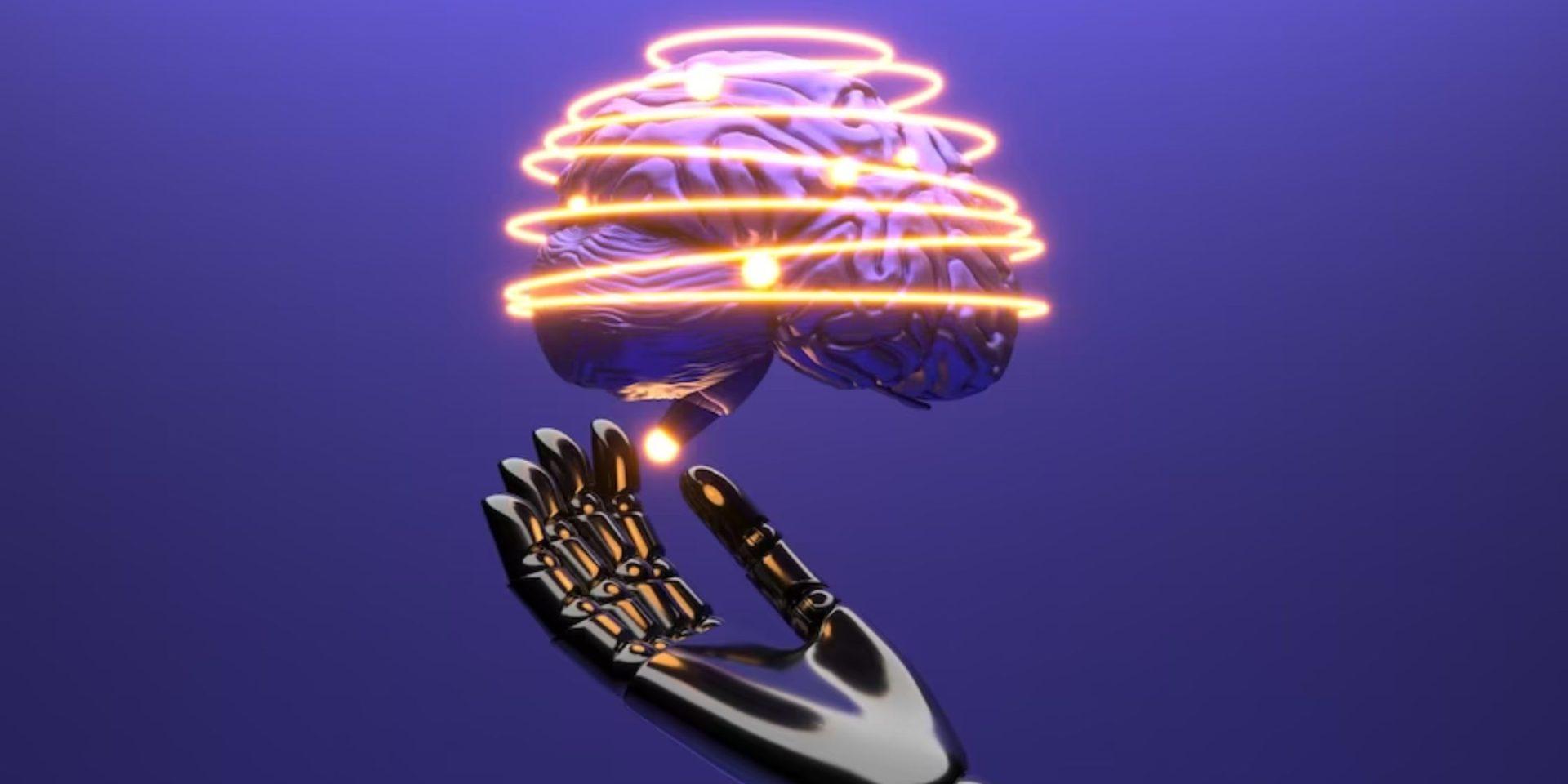Artificial Intelligence in Digital Marketing – The ultimate guide
Table of Contents
Artificial Intelligence (AI) has been transforming various industries for the past few years, and the digital marketing industry is no exception.
AI is a branch of computer science that involves the development of intelligent machines that can perform tasks that typically require human intelligence.
It has already begun to revolutionize digital marketing by offering new and innovative ways for businesses to connect with their customers and drive revenue growth.
In the age of digital marketing, businesses must stay ahead of the curve and leverage technology to their advantage. AI can help businesses automate mundane and repetitive tasks, analyze large amounts of data, and make data-driven decisions that can drive growth and revenue.
AI technology can also help marketers to better understand their customers and create more personalized and targeted marketing campaigns.
However, as with any new technology, AI also comes with its own set of challenges and limitations. Businesses need to understand these challenges and work to overcome them to take full advantage of the benefits that AI has to offer.
In this blog post, we will explore the different types of AI used in digital marketing services and their role in customer segmentation, targeting, and personalization.
We will also discuss several use cases of AI in digital marketing, including AI-powered chatbots for customer service, AI-based recommendation engines for e-commerce, AI-powered content creation and optimization, AI-assisted lead scoring and nurturing, and AI-driven A/B testing and optimization.
Furthermore, we will delve into the challenges and limitations of AI in digital marketing, such as potential biases and ethical concerns, dependence on data quality and availability, and the need for specialized skills and resources.
Finally, we will look into the future of AI in digital marketing, including emerging trends and technologies, the impact of AI on job roles and responsibilities, and opportunities for innovation and growth.
Overall, the goal of this blog post is to provide businesses with a comprehensive understanding of AI in digital marketing and encourage them to explore and embrace AI in their digital marketing strategies.
Types of AI used in digital marketing
In digital marketing, AI is used to analyze data, identify patterns, and make predictions, helping businesses improve their marketing strategies and outcomes.
There are different types of AI used in digital marketing, each with a unique set of capabilities and applications:
Machine Learning (ML)
Machine learning is a type of AI that enables computers to learn from data without being explicitly programmed. This means that machines can automatically improve their performance on a task over time as they are exposed to more data.
In digital marketing, machine learning algorithms can be used for various applications such as predicting customer behavior, segmenting customers, and personalizing content.
Natural Language Processing (NLP)
Natural language processing is a subset of AI that focuses on the interaction between computers and humans using natural language.
NLP enables machines to understand, interpret, and generate human language, making it useful for applications such as sentiment analysis, chatbots, and content creation.
Computer Vision (CV)
Computer vision is an AI technology that enables machines to interpret and understand visual data from the world around them.
In digital marketing, computer vision can be used for applications such as image recognition, visual search, and video analysis.
Deep Learning (DL)
Deep learning is a subset of machine learning that uses neural networks to model and solve complex problems.
Deep learning is particularly effective at tasks such as image recognition, natural language processing, and recommendation systems.
Predictive Analytics (PA)
Predictive analytics involves using data, statistical algorithms, and machine learning techniques to identify the likelihood of future outcomes based on historical data.
Predictive analytics can be used in digital marketing for applications such as lead scoring, customer segmentation, and forecasting.
Role of AI in Digital Marketing
Artificial intelligence has a significant impact on how marketers identify, segment, and personalize their marketing campaigns. AI has transformed the way businesses target and personalize their marketing campaigns.
With the help of AI, businesses can now gain deeper insights into customer behavior and preferences, and tailor their marketing strategies accordingly.
Customer segmentation is the process of dividing customers into groups based on common characteristics such as demographics, interests, behaviors, and buying habits.
AI can be used to analyze large amounts of customer data and identify patterns, allowing businesses to create more accurate customer segments and target their marketing efforts accordingly.
For example, Netflix uses AI to segment its audience and suggest personalized content based on a user’s past viewing history, behavior, and preferences.
AI can also be used to personalize marketing messages and offers based on customer data and behavior.
In digital marketing, predictive analytics can also be used to forecast customer behavior, such as predicting which customers are most likely to make a purchase or which customers are at risk of churning.
For example, Coca-Cola uses AI to analyze historical sales data, weather patterns, and promotional activities to forecast future demand for its products.
AI can also be used to optimize marketing campaigns by predicting which marketing messages, channels, and offers are most likely to be successful.
Airbnb also uses predictive analytics to forecast demand and adjust pricing accordingly. This allows them to maximize their revenue and occupancy rates while providing customers with competitive prices.
One of the most important benefits of using AI for predictive analytics and forecasting is that it allows businesses to make data-driven decisions and allocate marketing resources more efficiently.
By analyzing large amounts of customer data, businesses can gain insights into customer behavior that would be impossible to identify through manual analysis.
Overall, AI has transformed the way businesses segment, target, and personalize their marketing efforts, as well as how they analyze customer behavior and make predictions about future events.
Use Cases of AI in Digital Marketing
AI is being used in a range of marketing functions, from customer service to content creation and everything in between. Let us explore some of the most popular use cases of AI in digital marketing:
AI-powered chatbots for customer service
AI-powered chatbots are becoming increasingly popular in the digital marketing industry. These bots are designed to interact with customers, providing them with quick responses to their queries and complaints.
They are available 24/7, and they can handle multiple conversations at once, freeing up customer service agents to focus on more complex tasks.
Additionally, chatbots can provide valuable insights into customer behavior and preferences, enabling businesses to better understand and cater to their customers’ needs.
For example, the beauty brand Sephora uses a chatbot called “Sephora Virtual Artist” that allows customers to try on different makeup products virtually, get product recommendations, and even book in-store appointments.
AI-based recommendation engines for e-commerce
AI-based recommendation engines are designed to analyze customer data, including purchase history, browsing behavior, and demographic information, to provide personalized recommendations to shoppers.
This technology is especially prevalent in e-commerce, where it can drive sales and customer loyalty by suggesting relevant products to customers.
Amazon, the largest online retailer in the world, uses AI-powered recommendation engines to provide personalized product recommendations to its customers, based on a customer’s purchase history, browsing behavior, and other data points.
This approach has proven successful for Amazon, with personalized recommendations accounting for 35% of Amazon’s revenue.
AI-powered content creation and optimization
AI-powered content creation and optimization tools are designed to help businesses create and optimize content that resonates with their target audience.
These tools use natural language processing (NLP) and machine learning algorithms to analyze customer data and generate content that is tailored to their preferences and interests.
AI-powered content creation and optimization tools can help businesses save time and resources while also improving the effectiveness of their content marketing efforts.
For example, the Associated Press (AP) uses an AI-powered tool called Wordsmith to automatically generate news articles based on data inputs.
This has enabled the AP to significantly increase the number of news articles it produces while also freeing up reporters to focus on more in-depth coverage.
AI-assisted lead scoring and nurturing
AI-assisted lead scoring and nurturing tools are designed to help businesses identify and prioritize leads based on their likelihood to convert.
These tools use machine learning algorithms to analyze customer data and predict which leads are most likely to make a purchase.
AI-assisted lead scoring and nurturing tools can help businesses save time and resources by focusing their efforts on the leads that are most likely to convert.
For example, Marketo, a leading marketing automation platform, uses AI-assisted lead scoring and nurturing to help businesses identify and prioritize leads based on their behavior and preferences.
AI-driven A/B testing and optimization
AI-driven A/B testing and optimization tools are designed to help businesses optimize their website and marketing campaigns by analyzing customer data and providing insights into which variations are most effective.
These tools use machine learning algorithms to analyze customer data and identify patterns that can be used to improve the performance of marketing campaigns.
For example, Google’s AdWords platform uses machine learning to optimize ad performance by automatically testing different variations and targeting options.
Challenges and Limitations of AI in Digital Marketing
While AI presents numerous opportunities for businesses to optimize their digital marketing efforts, several challenges and limitations must be taken into consideration.
Potential Biases and ethical concerns
One of the biggest challenges of AI in digital marketing is the potential for bias and ethical concerns. AI algorithms are only as unbiased as the data they are trained on, which means that if the data is biased, the algorithm will be biased as well.
For example, if an AI-powered recommendation engine is trained on historical data that is biased against a certain demographic, it may continue to perpetuate that bias in its recommendations.
Additionally, there are ethical concerns surrounding the use of AI in digital marketing. For example, some consumers may feel uncomfortable with the level of personalization that AI enables, as it can feel intrusive or even manipulative.
Dependence on data quality and availability
AI algorithms rely heavily on high-quality, relevant data to function properly. This means that if a business’s data is incomplete or inaccurate, its AI-powered digital marketing efforts will suffer.
Moreover, if there isn’t enough data available to train an AI algorithm properly, the algorithm may be ineffective or even produce inaccurate results.
Need for specialized skills and resources
Implementing and maintaining AI-powered digital marketing efforts requires specialized skills and resources, which can be a challenge for businesses that lack the necessary expertise or budget.
Data scientists and machine learning engineers, for example, are in high demand and can be expensive to hire.
Overcoming resistance to change and adoption
Finally, adopting AI-powered digital marketing efforts can be a challenge in and of itself. Some businesses may be resistant to change or may not fully understand the potential benefits of AI.
Additionally, implementing AI-powered solutions can require significant changes to a business’s existing systems and processes, which can be disruptive and time-consuming.
Future of AI in Digital Marketing
In this section, we will explore some of the emerging trends and technologies, the impact of AI on job roles & responsibilities, and opportunities for innovation and growth.
Emerging Trends and Technologies
One of the most significant trends in AI for digital marketing is the increased use of natural language processing (NLP) and machine learning algorithms to understand and analyze customer behavior.
This will enable marketers to better personalize their messaging and offers to individual consumers as well as predict their future behavior based on their past actions.
Another emerging trend is the use of AI-powered chatbots that can handle customer service inquiries, provide product recommendations, and even complete purchases.
As chatbots become more sophisticated and capable of mimicking human conversation, they will become an increasingly valuable tool for businesses looking to improve customer satisfaction and engagement.
In addition, AI is being used to create hyper-personalized content that is tailored to individual user’s interests and preferences.
By analyzing user data and behavior, AI algorithms can create content that is more likely to engage and resonate with users, resulting in higher click-through rates and conversions.
Impact on Job Roles and Responsibilities
As AI becomes more prevalent in digital marketing, some job roles will likely change or become redundant.
For example, as chatbots and other AI-powered tools become more sophisticated, there may be less demand for human customer service representatives.
On the other hand, there will be an increased need for data analysts and specialists who can develop and refine AI algorithms and models.
In addition, marketers will need to become more data-savvy and comfortable working with AI-powered tools and technologies. This will require training and upskilling, as well as a shift in mindset towards a more data-driven marketing approach.
Opportunities for Innovation and Growth
Despite the challenges and uncertainties, the future of AI in digital marketing presents numerous opportunities for innovation and growth.
By harnessing the power of AI to personalize messaging and offers, optimize content and campaigns, and predict consumer behavior, businesses can improve their bottom line and gain a competitive advantage.
Furthermore, the increased use of AI in digital marketing will create new jobs and career paths, particularly in data analysis and algorithm development.
By embracing AI and investing in the right skills and technologies, businesses can position themselves for long-term success in the digital age.
Synopsis
AI has the potential to revolutionize the way digital marketing is done. AI-powered tools and techniques can help businesses enhance customer engagement, increase revenue, and improve the overall customer experience.
However, it is important to recognize the challenges and limitations of AI in digital marketing, such as potential biases and ethical concerns, dependence on data quality and availability, and the need for specialized skills and resources.
Despite these challenges, the future of AI in digital marketing looks promising, with emerging trends and technologies like natural language processing and computer vision expanding the scope of AI applications.
As AI continues to evolve, it will have a significant impact on job roles and responsibilities in the digital marketing industry, creating new opportunities for innovation and growth.
Therefore, businesses need to explore and embrace AI in their digital marketing strategies. By adopting AI-powered solutions and leveraging the benefits they offer, businesses can gain a competitive edge in the market and deliver exceptional customer experiences.
It is time for businesses to embrace the future of AI in digital marketing and unlock the full potential of this powerful technology. And we are here to help you on this front.
Our team of experts at ABK Digital combines cutting-edge AI technologies with years of industry experience in digital marketing to deliver tailored solutions that drive tangible results for your business.
Contact us today and embark on a transformative journey toward success.




Permalink